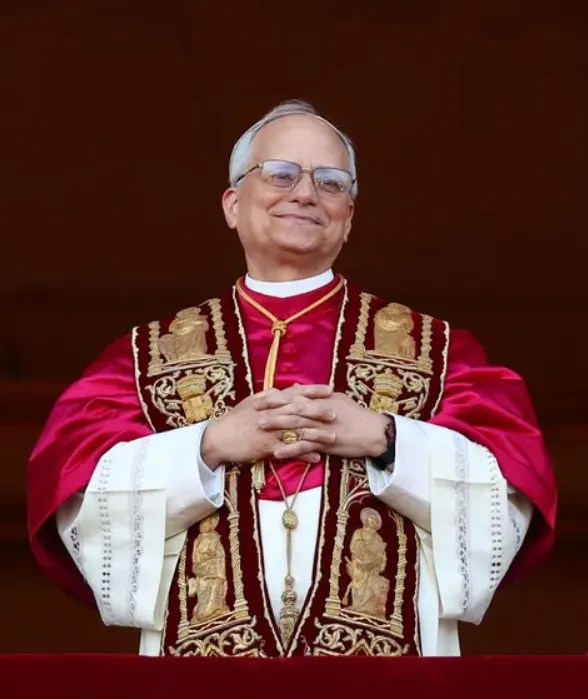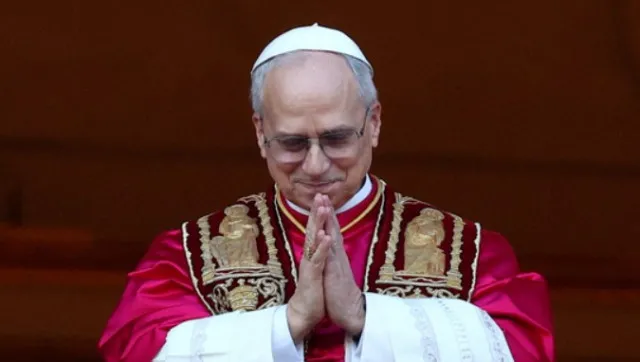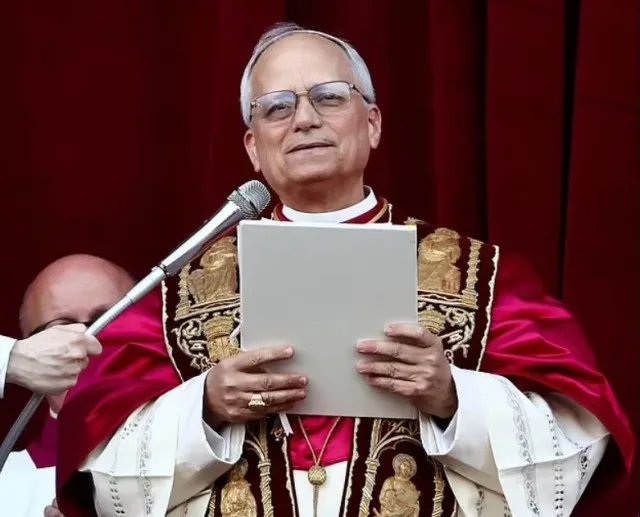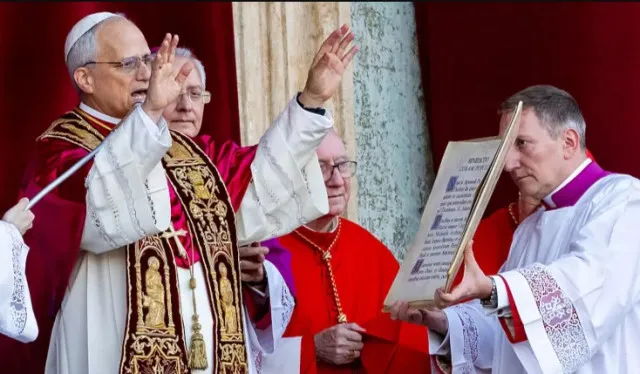Pope Leo XIV has made history as the first North American pope, sparking widespread curiosity about his background and distinctive accent.
Cardinal Robert Prevost of Chicago becomes Pope Leo XIV, the first North American pontiff.
The announcement was made on the evening of 8 May, as white smoke billowed from the Sistine Chapel, signalling the end of the papal conclave.
Table of Contents
ToggleChicago-born cleric chosen after short conclave
Cardinals from around the globe gathered in Vatican City to elect the successor to Pope Francis, who passed away on Easter Monday following prolonged health challenges.

After fewer than two days of deliberation, consensus was reached, and Cardinal Prevost emerged as the Church’s new spiritual leader.
At 69 years old, Pope Leo XIV steps into a position held by Pope Francis since 2013, continuing a legacy rooted in compassion and outreach.
Massive question about Pope Leo XIV answered after he was confirmed as the first-ever American Pope
As the new pope was welcomed, attention shifted to his accent.
Born and raised in Chicago to a multicultural family with Spanish, French, and Italian roots, Pope Leo XIV’s voice carries the unmistakable tones of his Midwestern upbringing.
Despite time spent in South America during his service, his American accent remains distinct.
Clips of past interviews have since circulated online, sparking interest and even debate.
But Catholic commentators argue this may be a surprising strength.

Papal voice may strengthen American connection
Catholic author and papal biographer Austen Ivereigh shared his thoughts on the subject during an appearance on BBC Breakfast.
He emphasized that the pope’s accent could make him more accessible to American Catholics.
This may help foster a stronger connection between the Church and its large U.S. following.
Ivereigh suggests Pope Leo XIV’s familiar accent may prevent the dismissal Pope Francis sometimes faced.
“It matters,” Ivereigh noted, underlining how language and familiarity influence perceptions of leadership.

Election reflects shift in Church’s global influence
Beyond linguistic traits, Pope Leo XIV’s election represents a broader transformation within the Church’s geopolitical landscape.
Historically, it was thought unlikely that an American could be chosen to lead the Vatican, given the country’s status as a global superpower.
But analysts suggest the decision signals an evolving view of international influence.
He said: “The assumption has always been, America being the superpower, you couldn’t have a pope who’s also an American,
“But of course, America’s role in the world has now changed.”

Pope Leo XIV seen as continuation of Francis’ legacy
In many ways, Pope Leo XIV is viewed as a continuation of the compassionate approach championed by Pope Francis.
During his time as pontiff, Francis appointed Prevost to several key positions, indicating his trust in the American cleric’s judgment and values.
Pope Leo XIV, known for supporting the marginalized, is expected to continue his predecessor’s progressive reforms.
His appearance on the balcony of St. Peter’s Basilica on Thursday evening was met with cheers from thousands of supporters gathered below.